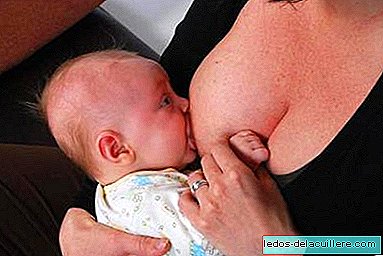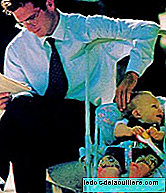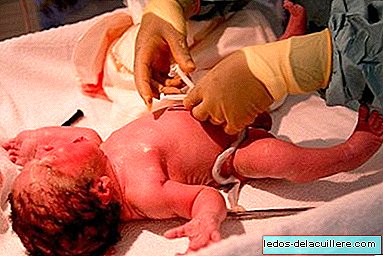
We continue this week delving into primal health and the fascinating field of perinatal psychology, this time interviewing Meritxell Sánchez, a psychologist specializing in Perinatal and Trauma Psychology, founding partner of the Spanish Association of Perinatal Psychology, EMDR Therapist and psychotherapist, whom we can know better on their website.
What is Perinatal Psychology?
Perinatal Psychology addresses the emotional and psychological changes that occur during the maternity process, from preconception to parenting.
It is the field of psychology that is dedicated to the process of pregnancy, childbirth and postpartum, as well as the link with the baby. Its objective is to increase the well-being and health of women, the baby and the family, promoting the abilities and skills and self-esteem of women, as well as addressing the difficulties that may arise along the way.
Can you tell us what difficulties mothers can face?
- Difficulties in conceiving a child.
- Anxiety, fears, restlessness during pregnancy.
- Fear of childbirth.
- Difficult or traumatic births (Post-traumatic Stress Disorder after delivery).
- Postpartum depression.
- Difficulties with breastfeeding.
- Difficulties adapting to maternity / paternity.
- Duel for the loss of the baby.
- Development of a secure bond with the baby.
- Early childhood development.
- Premature babies.
- Survivors of sexual abuse.
How can Perinatal Psychology help families if they have any or more of these problems?
Perinatal Psychology is aimed at prevention, care, support, diagnosis and intervention in families throughout the process that precedes birth, that is, conception, pregnancy, childbirth, postpartum and postpartum; taking into account the importance of establishing a healthy bond between mother, baby and family.
Any early detection of unfavorable evidence for the mother-baby dyad in preventive work with mothers before and after birth is of fundamental importance for maternal and child health.
That is, does Perinatal Psychology prevent problems of the mother and the baby (and also of the father at times) from conception to the child's early childhood?
The orientation focuses on the promotion of mental health in relation to conception, pregnancy, childbirth, puerperium and parenting, to the prevention of pathology in women's mental health during pregnancy and the puerperium.
It is a very complex stage and I imagine that you do not work alone, you need support from the other professionals who care for the family, right?
We must emphasize the importance of interdisciplinary work between the different health professional figures and the work of psychology professionals adequately prepared for this function.
This interdisciplinary work (medical staff, psychiatry, nursing, midwives, assistants, social services ...) will allow a space for early detection and preventive action in situations that require emotional containment for the mother and her family, that could derive from both medical and psychological situations. In addition, interdisciplinary work allows psychology professionals to create spaces in the teams where they can provide the psychological and emotional containment that the team may need in emotionally stressful situations.
The Perinatal Psychology Association is very recent and you have great goals.
One of the reasons why my colleagues Mónica Álvarez, Gabriella Bianco, Sara Jort, Diana Sánchez, Cristina Silvente and myself, founded the Spanish Association of Perinatal Psychology is the need to professionalize this field of Psychology.
I realize, speaking with you, that all of them, except Sara Jort, have already been interviewed by Babies and more. I feel very proud that our readers can meet you through us, and I hope that soon we can also count on Sara. Well, tell us how you work to achieve your goals.
As an Association for the promotion of perinatal health, among our objectives are the study and dissemination of Perinatal Psychology, develop and participate in prevention and intervention programs in the fields of Primary Health, perinatal, maternal and child health and family , as well as the first upbringing, etc.
There are those who really still doubt that pregnancy and birth really influence the emotional and physical health of the baby or that it can deeply mark a woman. How can pregnancy and birth really influence the emotional and psychological health of the mother? And in the baby's?
To talk about pregnancy and childbirth is to talk about the importance of pregnancy, birth and how we receive the baby and treat the mother in the construction of a healthy puerperium and a safe bond between the mother and the baby.
It seems to me an indispensable subject, very important for all those involved and that needs a great dissemination. If you think so, we will continue talking about it tomorrow in more detail.
Of course.
We leave our conversation here but tomorrow we will continue talking to psychologist Meritxell Sánchez about how important a respected pregnancy and birth is for the emotional and also physical health of mothers and their children. We wait for you.












